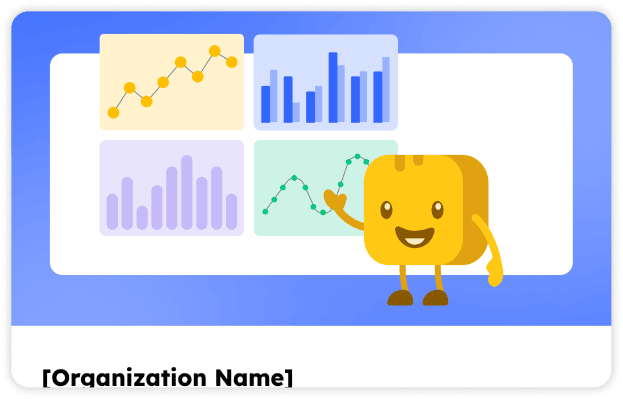Table of contents
Table of contents
A nonprofit annual report is a powerful way to showcase your impact and highlight key programs, financials, goals, and major gifts from the past year. When done well, an annual report builds trust with supporters and strengthens their connection to your mission—making them more likely to give again.
In this article, we'll explore the purpose of annual reports and walk you through everything you need to create one that resonates with your audience. You’ll also get our free annual report template to help you hit the ground running.
Key takeaways
- Create and share annual reports to connect with your community 💛 Beyond the required IRS Form 990, voluntary annual reports are a strategic way to tell your story, build donor trust, and strengthen relationships.
- Balance data with storytelling 📊 The most effective reports combine impressive statistics and financial breakdowns with personal stories, testimonials, and visuals that bring your impact to life.
- Include six essential sections 👀 Every nonprofit annual report should include: a gratitude-filled opening letter, mission reaffirmation, outcome highlights, understandable financials, personalized donor recognition, and a forward-looking vision.
- Prioritize visual design and format 🎨 Keep your report scannable, visually engaging, and on-brand—making it easy for supporters to grasp your key achievements.
- Use your annual report to fuel future fundraising 🔥 Showing tangible impact motivates donors to give again, making your annual report both a stewardship tool and a momentum-builder.
- Use Givebutter to make creating your annual report easier than ever 🧈 Track donations, campaigns, and supporter activity in one place, with ready-to-share insights and visuals that celebrate your impact.
Are nonprofits required to have an annual report?
Nope! Nonprofits aren't legally required to create an annual report, but they are required to file some financial paperwork. Here's the breakdown:
- Form 990: This is the legally required annual IRS filing for most 501(c)(3) organizations with gross receipts over $200K or total assets over $500K. It's public by law and covers key compliance details, including financials, governance, and program activities.
- Annual report: This one's totally optional. It's a voluntary communications piece your nonprofit can create to showcase your mission, impact, and story in an engaging and accessible way. Think of it as your chance to celebrate wins, thank supporters, and build trust with your community.
💡 Bottom line: Form 990 checks the compliance box, while an annual report tells your story and strengthens donor relationships.
⚖️ Disclaimer: This information is for general educational purposes only and should not be taken as legal or tax advice. Always consult a qualified professional or the IRS for specific filing requirements for your organization.
What's the purpose of a nonprofit annual report?
A nonprofit annual report helps supporters understand your accomplishments, goals, and how funds were spent over the past year. It’s more than a compliance document—it serves to:
- Inspire your supporters 💪 Revisit your mission statement and show how your current programs and initiatives align with it. Help donors feel proud to be part of your work.
- Thank your donors 🙏 Highlight major donor partners, corporate sponsors, and individuals who contributed to your year-end giving goal.
- Demonstrate financial transparency 🙊 Show donors how their gifts further your mission by featuring clear financials and outcomes.
Ultimately, a strong annual report strengthens supporter relationships and improves donor retention by demonstrating that your organization is delivering on its promises.
Download your free nonprofit annual report template
Save time (and a few headaches) with this ready-to-use free annual report template that covers every section you need—so you can share your story with confidence.
Once you’ve drafted your report, use Canva to create a compelling design! Or try Storyraise—Givebutter’s integration that helps you create interactive reports with images, videos, graphs, and more.
How to write a nonprofit annual report in 6 easy steps
Annual reports can be a powerful tool for connecting with your community, but it can be hard to know exactly what to include (and why).
If that sounds familiar, don’t worry. Here are six essentials to make your report a success.
1. Open with gratitude & context 📣
Begin with a brief note from your executive director that introduces the annual report. Keep it concise—half a page is plenty—but use it to thank your supporters and provide a high-level overview of your accomplishments from the past year.
2. Reaffirm your mission & who you serve 💕
As a nonprofit, every move you make—all programs, volunteer opportunities, and campaigns—should be in service of your mission. Briefly revisit your mission, vision, and values early on in your report to remind readers why your organization exists and what you’re striving to accomplish.
Reinforce these points to show donors how their contributions make a difference.
Show the human side of impact by connecting numbers to real people and experiences. Statistics are important, but donors connect more deeply with personal stories. — Angie Drake, Co-Founder, NYAA Consulting
3. Show outcomes at a glance 👀
This is where you dig into the details.
Depending on your organization’s size, you may not have space to dive into every program. Instead, review the key goals from last year and showcase the programs that delivered the most impact.
Since this section includes a lot of information, break up the text with visual elements like pie charts, infographics, photos, or data visualizations to make your outcomes easy to digest.
4. Include financials people can understand 📊
“A clear, well-organized report builds trust by showing donors exactly how funds are being used. Include key financials, impact stories, and future goals to keep supporters engaged and confident in your mission.” — Angie Drake, Co-Founder, NYAA Consulting
Donors want to see the impact of their contributions. Include a financial report with a breakdown of your nonprofit's budget—such as a balance sheet, cash flow statement, or income statement.
You can also compare key financial metrics from previous years to show progress over time.
5. Offer gratitude that feels personal 💌
Time for shoutouts! Loyal donor relationships are the backbone of your organization, so use your annual report to express genuine appreciation. Highlight your volunteers, corporate partners, and major gift donors.
If you’re part of a mid-sized or large nonprofit, recognizing every donor may not be realistic. Instead, focus on key individuals or corporate partners—long lists of names aren’t necessary.
💡 Pro tip: Tools like Givebutter’s donation management software help you track donor relationships and personalize your appreciation messages effectively.
6. Mention where you’re headed next 📆
Conclude your annual report with a look ahead—share your year-end objectives, fundraising plan for the upcoming year, and the strategy to get there.
If you’re adjusting your focus this year, be transparent about why. Supporters are invested in your mission, not just your organization—they’ll appreciate the wider context on any challenges and how you plan to combat them.
4 best nonprofit annual report examples
A great annual report does more than share information—it tells a compelling story. To stand out, your report should be clear, concise, visually engaging, and true to your nonprofit’s unique brand.
Below are four examples of nonprofit annual reports that do just that.
1. Keshet: Lead with bold storytelling and human impact 🌈
Keshet’s mission to advocate for LGBTQ+ rights is immediately clear in their digital annual report. The design is visually striking, with a cohesive color scheme and clean graphic layout.
It also spotlights a quote from someone who has directly benefited from the organization. This is paired with a larger narrative overview explaining why their work is critical, while bolded quotes highlight the wider context of the organization’s work.
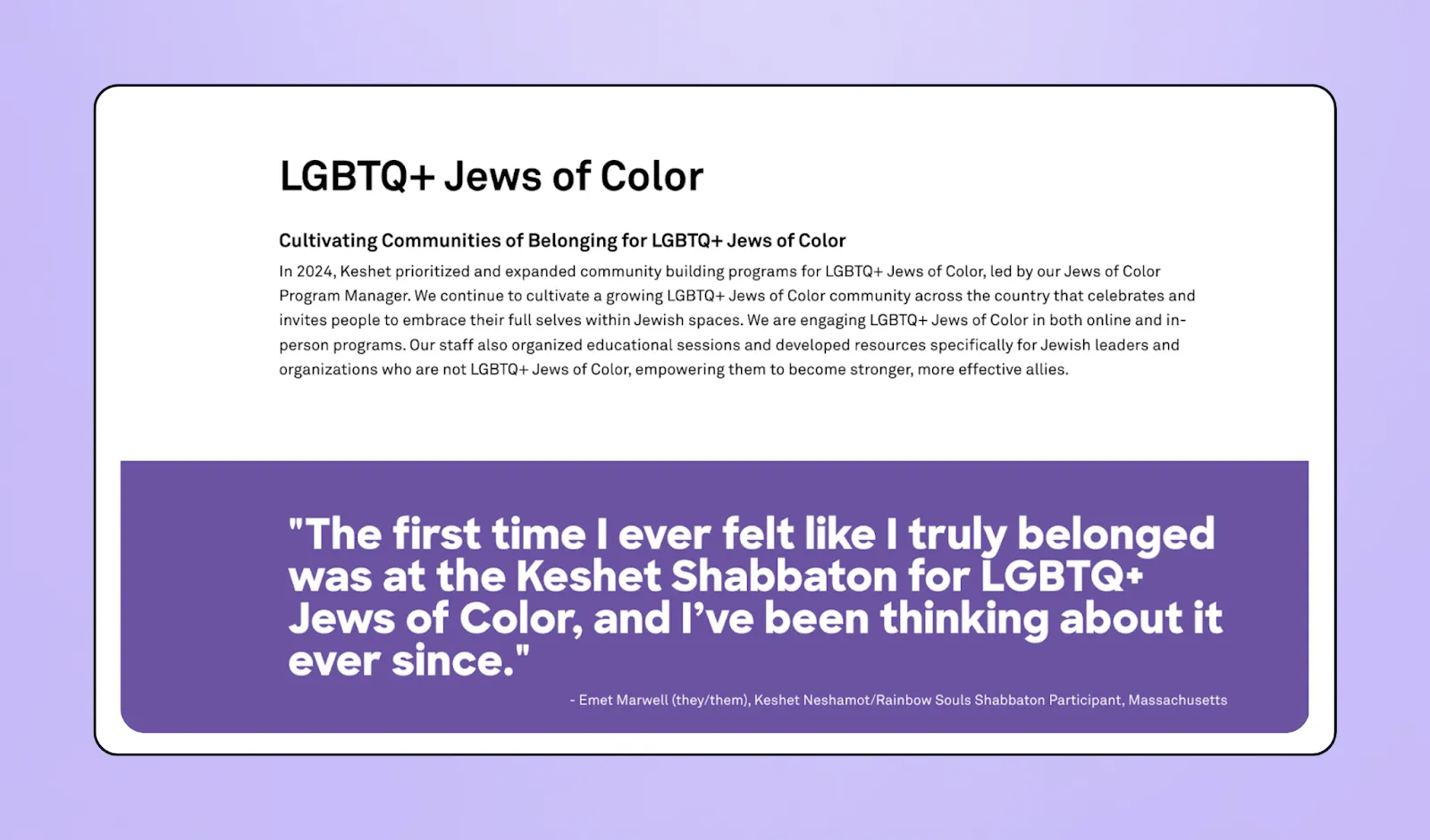
💪 Effort level: 7/10
💛 Best for: Small to mid-sized nonprofits looking to deepen supporters’ emotional connection through storytelling
✏️ Tip: Feature personal stories and quotes from beneficiaries, complemented by photos or short videos. Shift the focus from impressive figures to how you’ve helped real people.
2. 350.org: Impress with meaningful metrics 📊
350.org’s annual report breaks down its international work into five easily digestible statistics, paired with simple graphics that make each point stand out. The inclusion of a world map and table of contents enhances scannability, offering a strong visual snapshot of the organization’s impressive scale of work.

💪 Effort level: 6/10
💛 Best for: Large nonprofits, especially those with a national or international reach
✏️ Tip: Use visuals to make your numbers more meaningful. Whether it's animals rescued or trees planted, metrics paired with context help demonstrate your impact and credibility.
3. Girls Inc.: Begin with gratitude and transparency 🙏
Girls Inc.’s report opens with a heartfelt letter from the organization’s president, acknowledging challenges faced in the previous year while thanking donors. The letter also outlines what’s included in the report so readers know what to expect.

💪 Effort level: 4/10
💛 Best for: All nonprofits
✏️ Tip: Your letter may be a supporter’s first and only impression of you. Take time to craft your letter and ask your employees to review it to ensure it hits the right mark.
4. Red Cross: Show impact with heart 💗
The Red Cross’s report is an excellent sample annual report for a nonprofit organization. This eye-catching report features a clean design, compelling photography, powerful statistics, quotes from beneficiaries, and a narrative overview of their mission and work.
It also highlights a specific issue and showcases the Red Cross’s role in relief efforts.

💪 Effort level: 8/10
💛 Best for: All nonprofits
✏️ Tip: Pair clear visuals with emotional storytelling. Organize achievements by program or initiative to make your content skimmable while shining a light on the stories behind the work.
Take your annual report further with Givebutter
Your annual report isn’t just a recap—it’s your story, your gratitude, and your spark for what’s next. When donors can see the difference they’ve made, they don’t just feel good—they give again.
With Givebutter, it’s easy to turn your year’s data into a story worth sharing. Track donations, campaigns, and supporter activity all in one place, then bring it together with ready-to-share visuals and insights that celebrate your impact.

Track every gift with Givebutter’s powerful CRM
You've already made an impact—now it's time to share it with the world! Create your free account and get started today! 💛
FAQs about annual nonprofit reports
What are the 4 parts of the annual report?
While nonprofit annual report formats vary based on an organization’s size and scope, typical business-style annual reports include four key components:
- Financial statements
- Business profile and operations
- Letter to shareholders (or supporters) from the president or CEO
- Management analysis
What should be in a nonprofit annual report?
Nonprofit annual reports should include:
- A letter of introduction from your founder or CEO
- Your mission statement
- Achievements from the previous year
- Financial information and fundraising results
- Goals and strategies for the upcoming year (e.g., campaigns, milestones, events)
- Beneficiary spotlights to showcase examples of your work and impact.
Fundraising platforms with nonprofit CRMs like Givebutter make it easy to collect and analyze nonprofit data for your annual report.
What 3 financial statements must a nonprofit organization prepare annually?
Each year, nonprofits must prepare these three financial statements:
- Statement of activities
- Statement of financial position
- Cash flow statement
Can a nonprofit file an annual report online?
Yes! Most nonprofits can file their IRS Form 990 electronically using an IRS-approved e-file provider. Many states also let nonprofits file their required state-level annual reports online, typically through the Secretary of State or Attorney General’s website. Always check your state’s specific rules, since deadlines and filing systems can vary.
Is the annual report of a nonprofit a public document?
A nonprofit’s Form 990 is a public document, and by law, it has to be available for anyone to view. You can usually find it online through the IRS or platforms like GuideStar.
Your annual report, on the other hand, is totally optional. Think of it as your opportunity to celebrate impact, share successes, and express gratitude to the incredible donors and supporters who make your mission possible. While it’s not required by law, creating an annual report is one of the best ways to build transparency, trust, and lasting relationships with your community.
.svg)
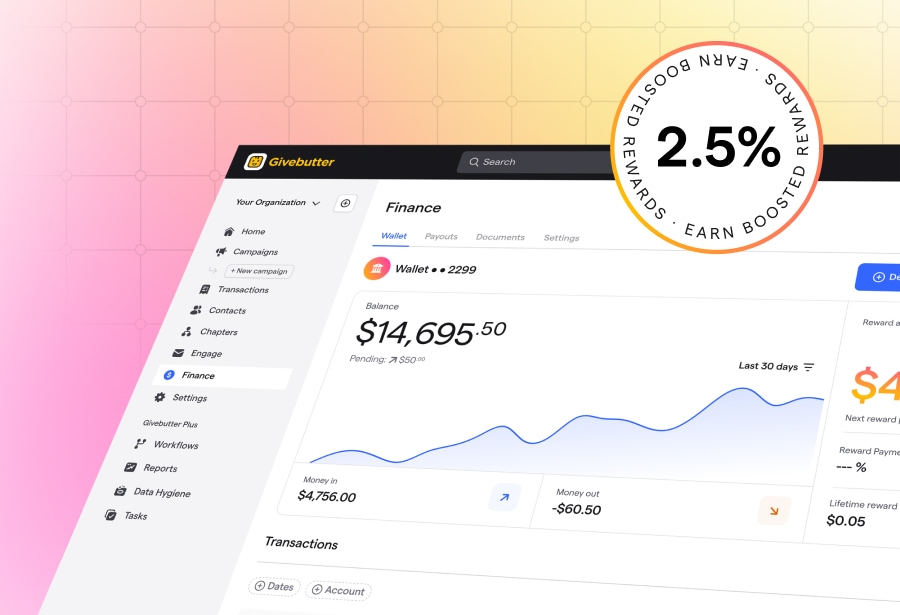
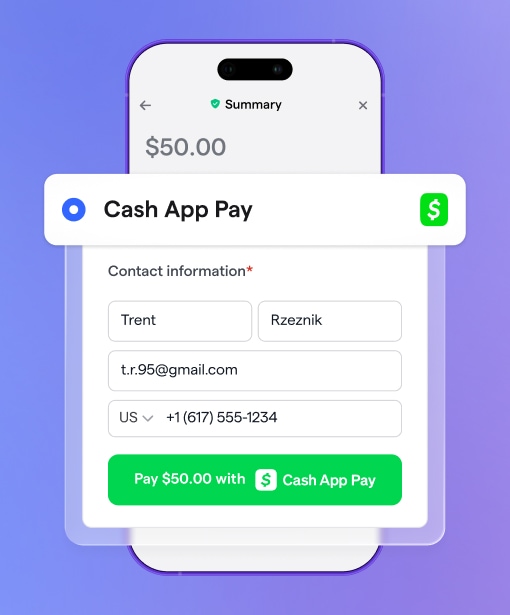
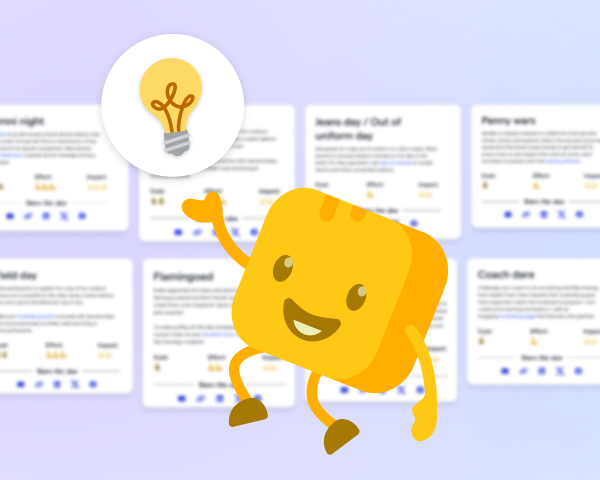


.jpg)
%20(1).png)



.svg)


